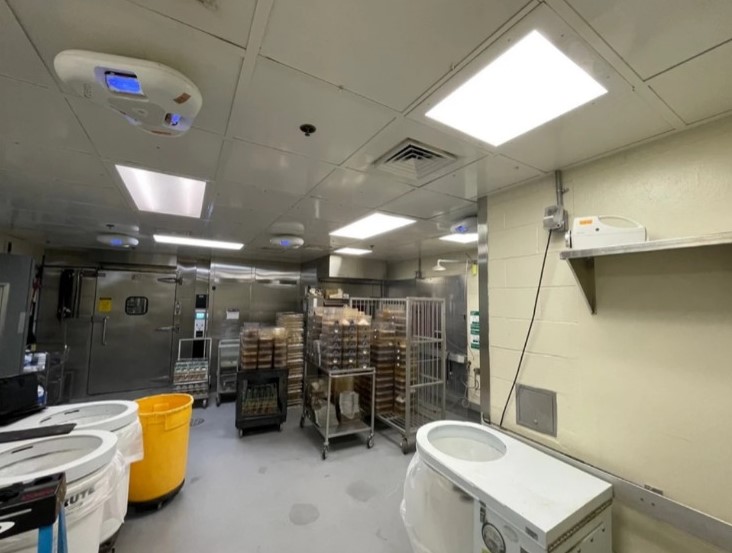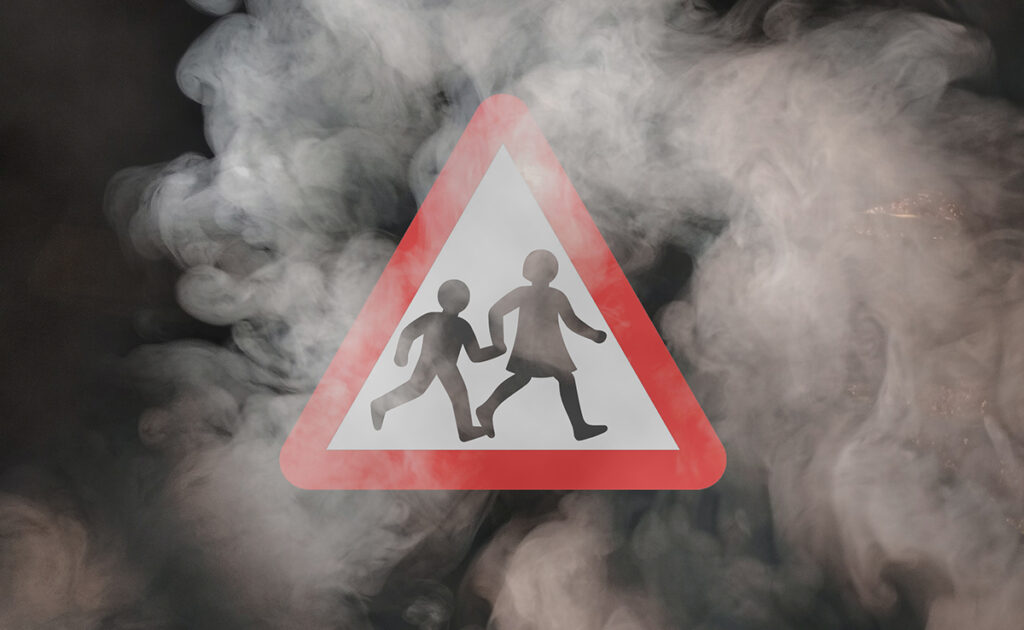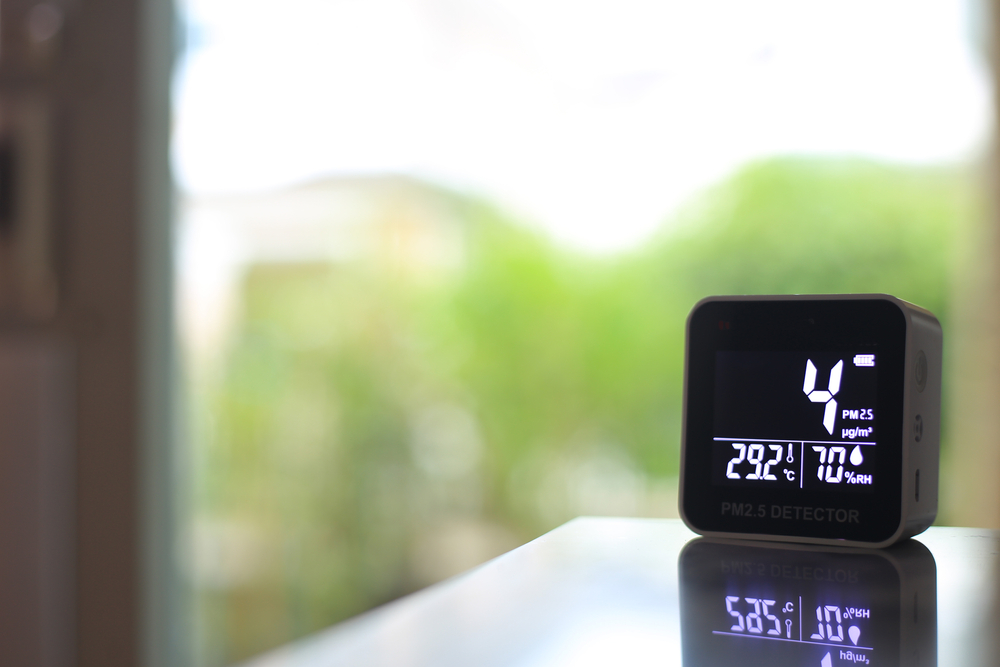The European Space Agency (ESA) has awarded funding for an air pollution monitoring device for patients with long-term conditions such as COPD.
Spirit Digital has created the CliniTouch Vie II which provides patients and clinicians with real-time visibility of their condition and includes warnings if their condition is likely to deteriorate so healthcare practitioners can provide fast pre-emptive interventions.
It’s being developed to help people with respiratory conditions, initially COPD, but it’s hoped the platform will soon be able to support those with asthma and other respiratory conditions.
In its Leicester COPD service, the digital platform has delivered a 67% reduction in emergency admissions amongst high-risk patients, working in parallel with health coaching and specialist nurse interventions.
The new fundings mean it will now also offer real-time air quality data to help patients manage their day better.
Spirit Digital will lead a project team alongside air quality firm EarthSense, technology network, Satellite Applications Catapult, and NHS support organisation Arden & GEM Commissioning Support Unit, to add Earth Observation data into CliniTouch Vie for improved healthcare decisions.
The device will include data from the Copernicus Atmosphere Monitoring Service (CAMS), which measures nitrogen dioxide (NO2), ozone (O3), particulate matter (PM5 and PM10).
It will also use data from the satellite Sentinel 5P and meteorological information from EUMETSAT to better understand wind directions, which will mean that pollution dispersion can be more accurately calculated.
Chris Barker, CEO, Spirit Health Group, said: ‘In the UK alone, 1.2 million people are diagnosed with COPD, with in excess of 140,000 unscheduled hospital admissions and 30,000 deaths per year. We know that poor air quality contributes to morbidity and mortality, and is estimated to have cost £157m in health and social care in 2017. Yet, we can change this!
‘By providing an enhanced system that will offer advanced warning of potential condition deterioration alongside pre-emptive intervention data, we can shift the focus from treatment to prevention. We are delighted that the ESA has recognised the huge potential of CliniTouchVie II and are thrilled to be working alongside our partners to deliver this ground-breaking project.’







